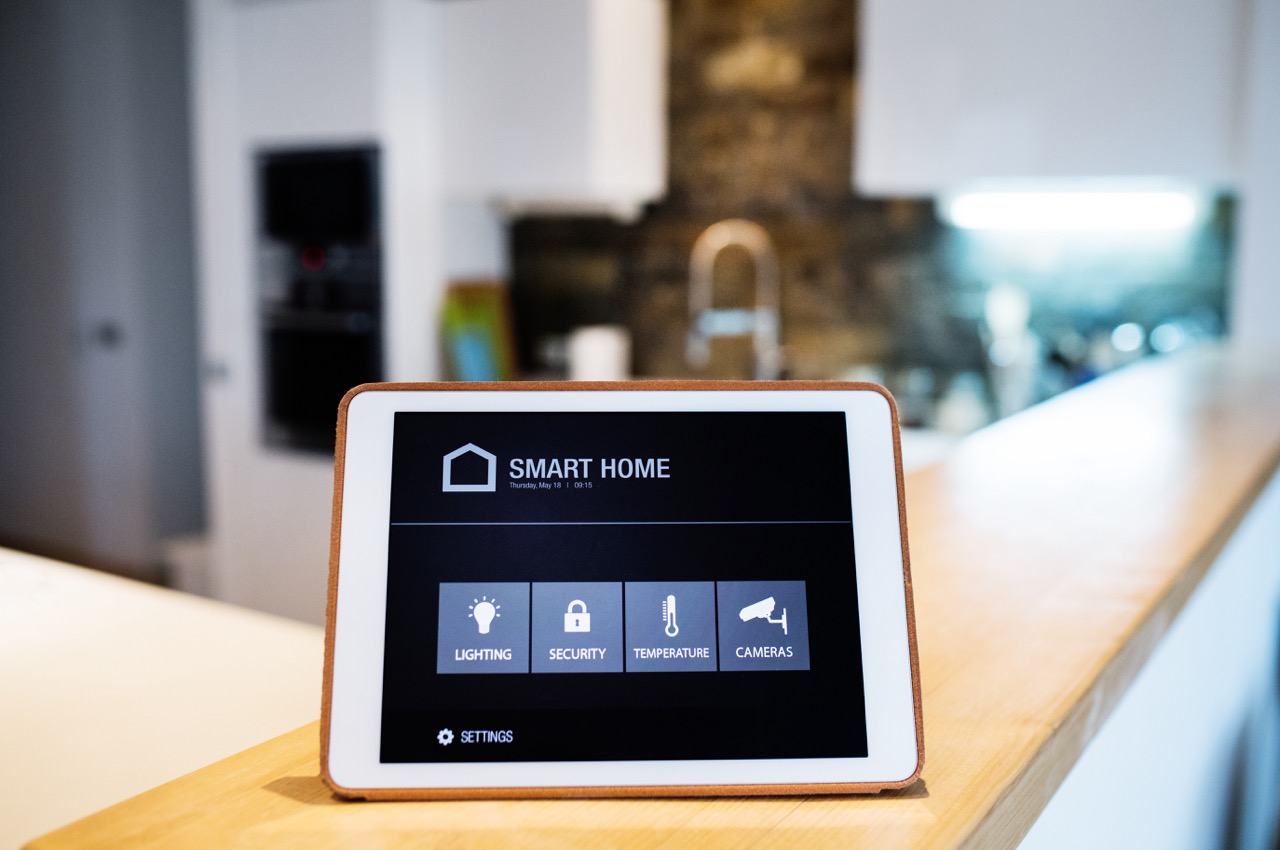Artificial intelligence (AI) is revolutionizing the healthcare industry by being integrated into smart health devices. These innovations are making healthcare more accessible, predictive, and personalized. However, as with any technological advancement, there are benefits and risks that come with the widespread adoption of AI in healthcare. This article evaluates the vital role AI plays in smart health devices, explores its benefits and risks, and discusses the ethical considerations that must be addressed.
Evaluating AI’s Vital Role in Smart Health Devices
AI’s integration into smart health devices is transforming patient care by enabling real-time health monitoring and data analysis. These devices can predict health episodes before they occur, allowing for preemptive medical intervention. For example, AI-powered wearables can continuously analyze heart rate data to identify irregular patterns and potentially prevent heart attacks. Such capabilities demonstrate how AI can play a crucial role in not only extending but also saving lives. However, for AI to be effectively utilized, healthcare providers must ensure the algorithms are precise and continually updated to adapt to new medical research and individual patient needs. This level of integration also demands a robust technical infrastructure capable of supporting high volumes of data and complex AI computations.
The Unseen Perks: AI’s Impact on Health Monitoring
AI enhances health monitoring by making it more comprehensive and less intrusive. Traditional healthcare models often require patients to visit healthcare facilities, but AI-enabled devices allow for continuous monitoring without such visits. This feature is particularly beneficial for the elderly or chronically ill patients who may face mobility challenges. For instance, smart sensors embedded in living environments can monitor everything from sleep patterns to medication adherence, sending alerts to caregivers when deviations from normal routines occur. Beyond physical health, AI is also making strides in mental health care, with apps that use natural language processing to detect changes in mood or stress levels from speech patterns. These developments highlight how AI can provide a holistic approach to health monitoring.
Navigating the Risks: Data Security in AI Health Tech
As health devices become smarter and more interconnected, the volume of sensitive health data being collected increases, raising significant data security concerns. Cybersecurity vulnerabilities can lead to unauthorized access to personal health information, which not only violates patient privacy but also poses a risk of identity theft. Furthermore, the reliance on cloud-based services for storing and processing this data adds another layer of risk, as breaches in these services can expose vast amounts of sensitive information. To mitigate these risks, robust encryption methods, secure data storage solutions, and continuous monitoring of data access must be implemented. Healthcare providers and device manufacturers must prioritize these security measures to protect patient data and maintain trust in AI health technologies.
AI in Healthcare: A Double-Edged Sword?
While AI in healthcare offers transformative potential, it also presents significant challenges and risks. One of the largest concerns is the accuracy and reliability of AI systems. If AI algorithms are trained on limited or biased data sets, they may make inaccurate predictions or perpetuate health disparities. Additionally, there is the risk of over-reliance on AI, which could lead to complacency in human oversight, potentially missing out on nuances that AI cannot yet appreciate. The balance between leveraging AI’s capabilities and maintaining vigilant human oversight is delicate and requires careful navigation to ensure that AI serves as a tool for enhancement rather than a substitute for human expertise.
Ethical Considerations of AI in Health Devices
The ethical deployment of AI in health devices necessitates a careful examination of issues related to autonomy, consent, and transparency. Patients must have a clear understanding of how their data is being used and must be able to opt out of data collection or AI monitoring without losing access to essential healthcare services. Moreover, the potential for AI to make decisions about patient care raises questions about accountability; when errors occur, determining whether responsibility lies with the AI developers, healthcare providers, or the technology itself can be challenging. Ensuring ethical AI use in healthcare requires clear regulations and ethical guidelines that prioritize patient welfare and privacy.
The Future of AI in Healthcare: Risics vs. Benefits
Looking ahead, the future of AI in healthcare is a dynamic interplay of risks and benefits. On one hand, the potential for AI to enhance disease prediction, personalize treatment, and improve quality of life is immense. On the other hand, these advancements come with challenges in data security, ethical use, and ensuring equitable health outcomes. The trajectory of AI in healthcare will largely depend on how these challenges are addressed. Stakeholders must work collaboratively to establish guidelines that harness AI’s potential while minimizing its risks. Proactive engagement with these issues will be essential to shaping a future where AI in healthcare can achieve its fullest potential in a safe and ethical manner.
AI’s role in smart health devices represents a profound shift in how we approach healthcare, offering incredible benefits but also introducing significant risks. As this technology continues to develop, it is imperative that healthcare providers, patients, and policymakers work together to harness AI’s potential responsibly and ethically. Balancing innovation with caution will be key to ensuring that AI in healthcare improves patient outcomes without compromising their privacy or autonomy.










